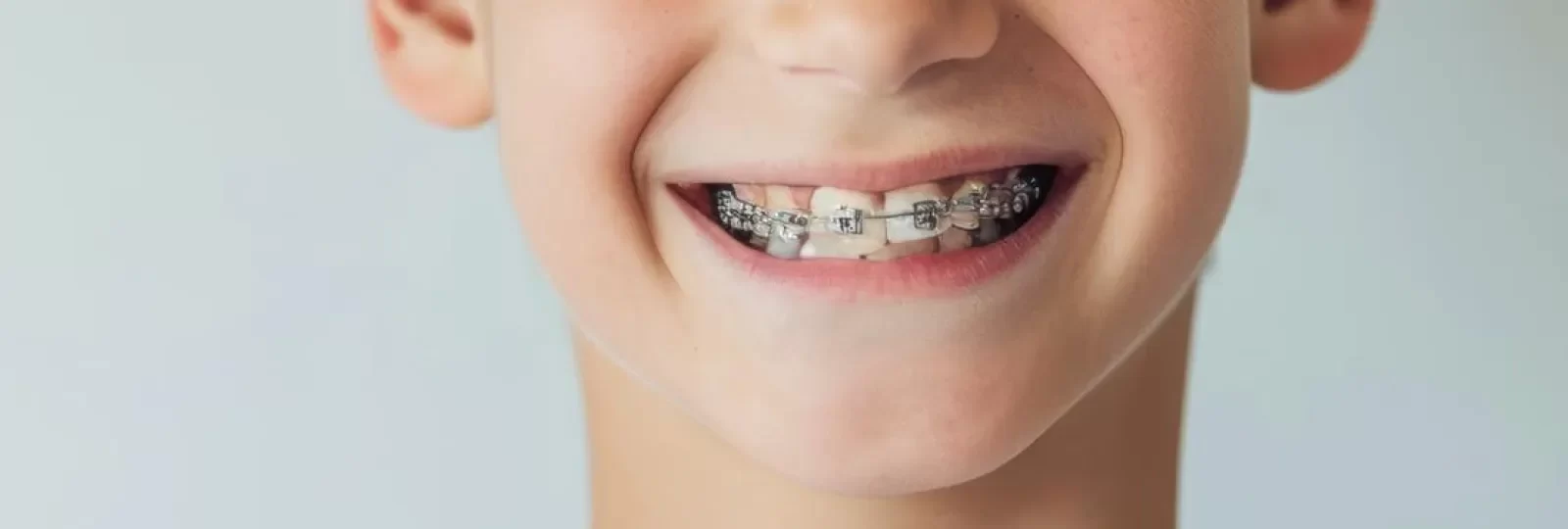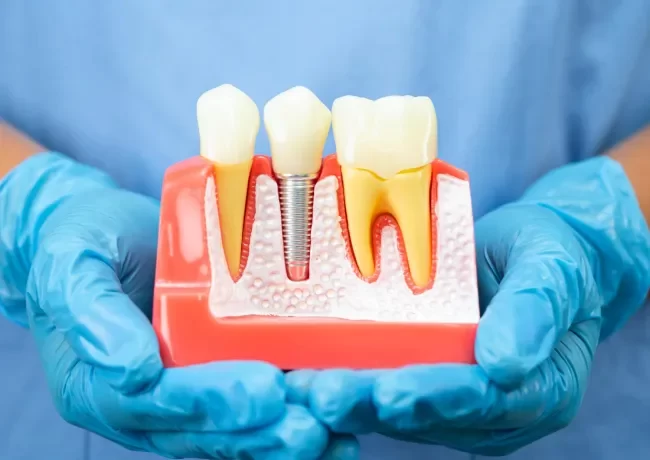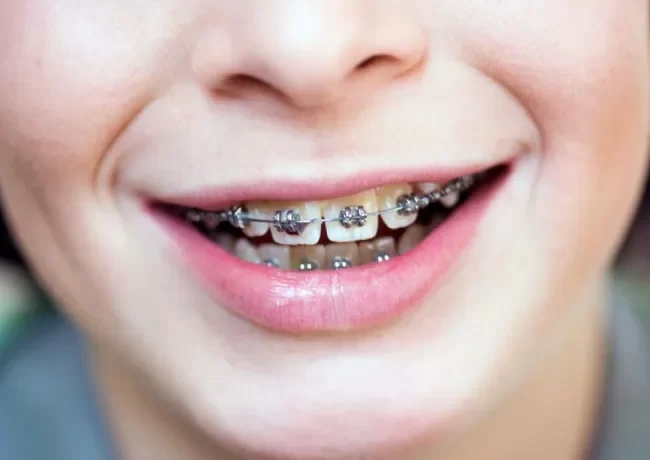Dental braces for kids
Dental Braces for Kids: What Every Parent Should Know
As a parent, you want your child to grow up with a healthy, confident smile. One of the most common ways to correct dental issues early on is through braces. But when is the right time? What types of braces are available? And how can you prepare your child for the journey?
Let’s dive into everything you need to know about dental braces for kids.

Why Do Kids Need Braces?
Children may need braces for several reasons, including:
- Crooked or crowded teeth
- Overbite, underbite, or crossbite
- Jaw alignment issues
- Early or late loss of baby teeth
- Thumb-sucking habits that affect dental development
Correcting these issues early can prevent more serious dental problems later in life.
When Should Your Child See an Orthodontist?
The American Association of Orthodontists recommends that children have their first orthodontic evaluation by age 7. At this stage, an orthodontist can identify subtle problems with jaw growth and emerging teeth, even if baby teeth are still present.
Early evaluation doesn’t always mean early treatment. In many cases, the orthodontist will monitor your child’s growth and recommend the right time to begin treatment.
Types of Braces for Kids
Today’s braces are more comfortable and less noticeable than ever before. Here are some common options for children:
1. Traditional Metal Braces
- Most common and cost-effective
- Strong and suitable for complex dental issues
- Kids can customize with fun-colored rubber bands
2. Ceramic Braces
- Similar to metal but made of tooth-colored materials
- Less noticeable but slightly more fragile
3. Lingual Braces
- Attached to the back of teeth, hidden from view
- Less common for kids due to size and complexity
4. Clear Aligners (e.g., Invisalign)
- Removable and nearly invisible
- Best for mild to moderate issues
- Requires strong discipline—may not be suitable for younger kids
Braces Care and Oral Hygiene
Good hygiene is essential during orthodontic treatment. Here’s what your child should do:
- Brush after every meal and floss daily
- Use special orthodontic brushes and floss threaders
- Avoid sticky or hard foods (like gum, popcorn, and nuts)
- Visit the orthodontist regularly for adjustments
How Braces Benefit Kids in the Long Run
While wearing braces might feel inconvenient at times, the benefits are long-lasting:
- Improved bite and chewing function
- Easier cleaning and better oral hygiene
- Boosted self-confidence with a straighter smile
- Prevention of future dental issues like jaw pain or tooth decay
Helping Your Child Adjust to Life with Braces
It’s normal for kids to feel nervous about getting braces. Here’s how you can support them:
- Explain the benefits of braces and show before-and-after photos
- Encourage and reward good hygiene habits
- Be patient during the adjustment period—soreness is common initially
- Keep soft foods on hand for the first few days after adjustments








